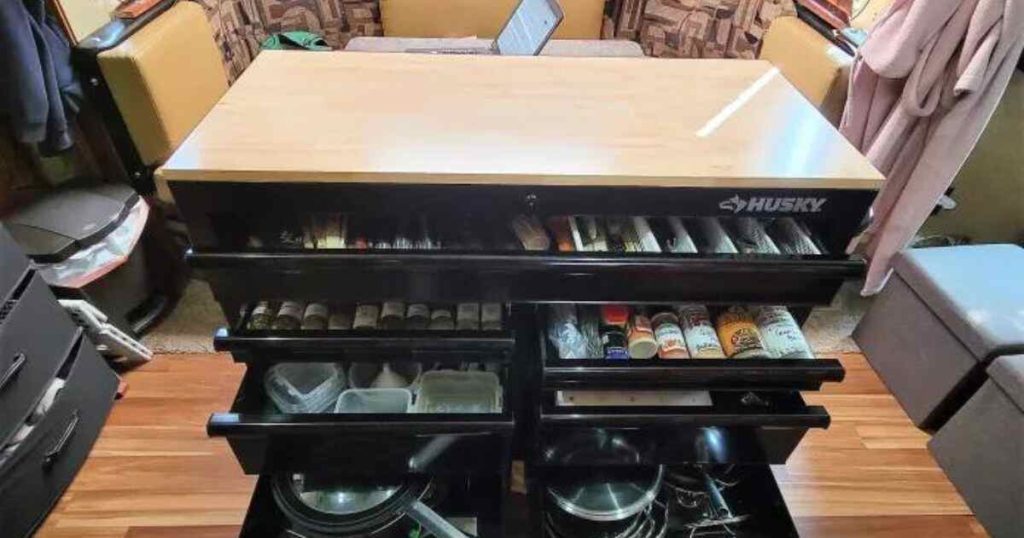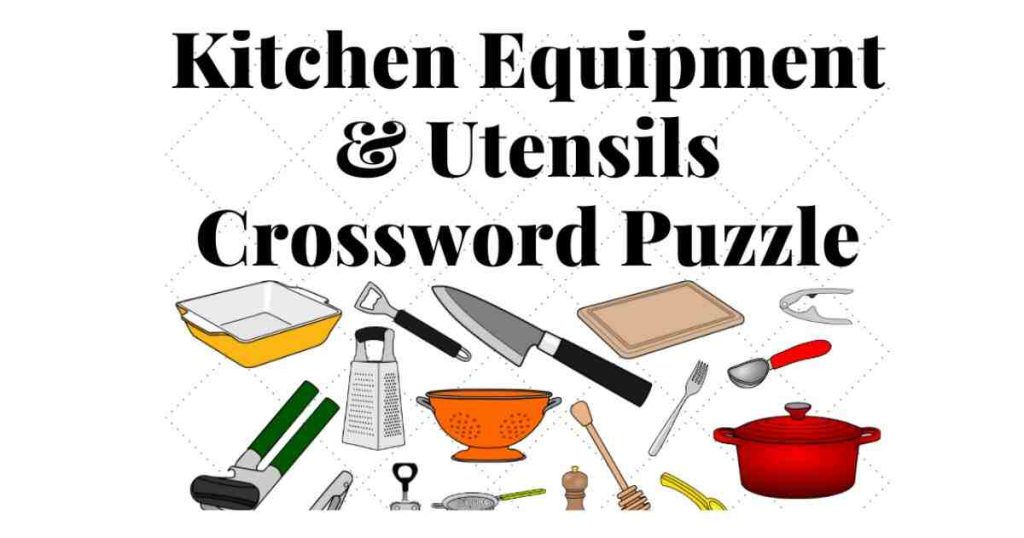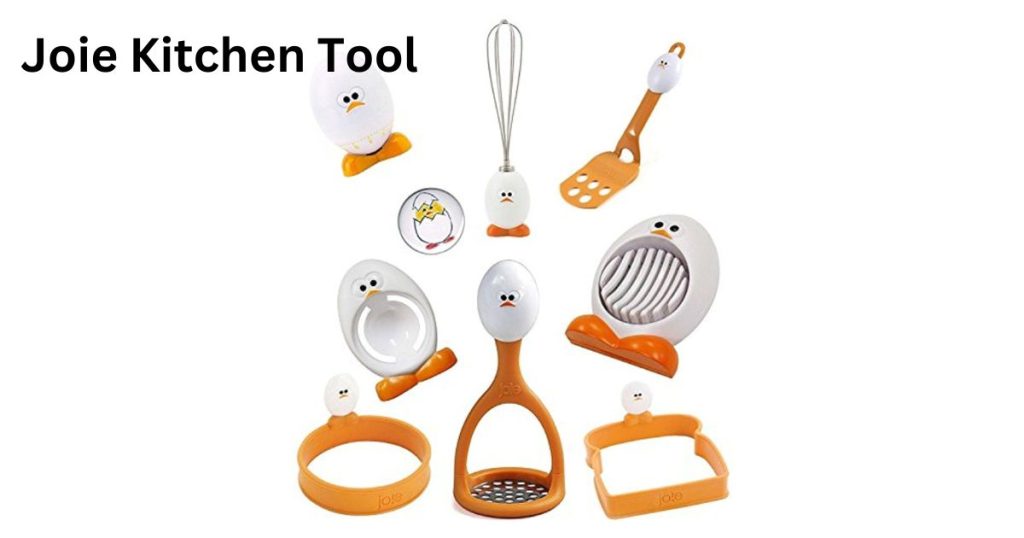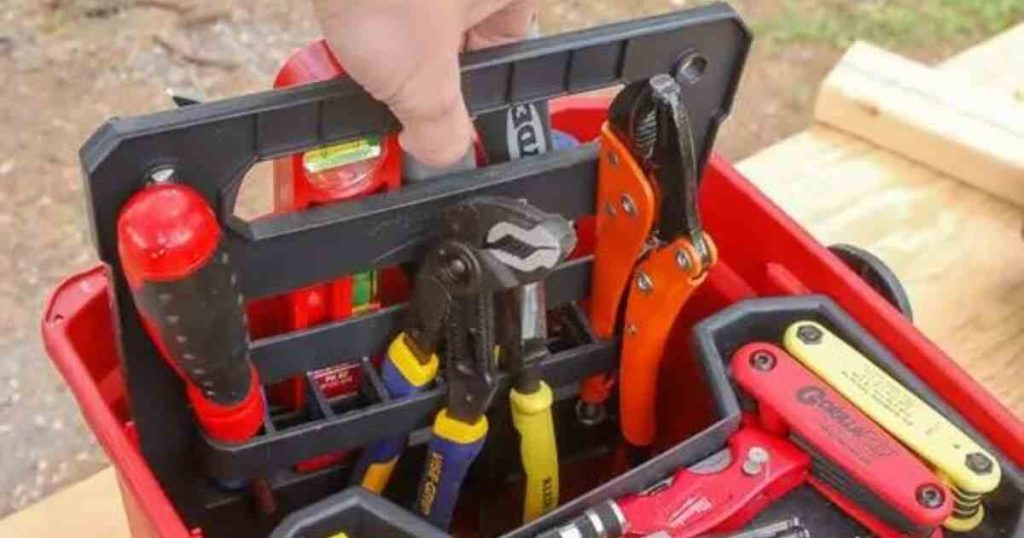Montessori kitchen tools help children in their learning and development through hands-on cooking experiences. These tools are designed specifically for small hands, allowing children to actively participate in meal preparation and foster independence and confidence in the kitchen.
With montessori kitchen tools, children can learn practical life skills, such as cutting, peeling, and measuring ingredients, while also developing fine motor skills and promoting healthy eating habits. These tools are carefully chosen to meet the specific needs of young children and provide a safe and engaging environment for them to explore and learn in the kitchen.
By using montessori kitchen tools, children can gain valuable life skills and develop a love for cooking from an early age.
Benefits Of Using Montessori Kitchen Tools
Discover the advantages of incorporating montessori kitchen tools in your daily life. These specialized utensils promote independence, fine motor skills, and a love for cooking in children, making mealtime an engaging and educational experience for the whole family.
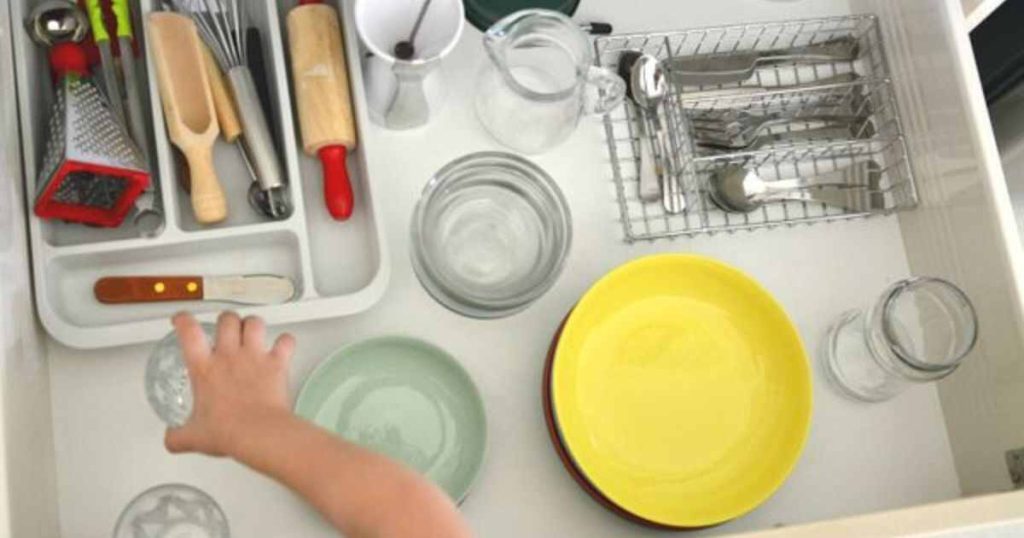
Promotes Independence In The Kitchen
- Allows children to take charge of their cooking experience.
- Teaches them important life skills from a young age.
- Helps develop self-confidence in handling kitchen tasks.
Encourages Hands-On Learning
- Provides opportunities for sensory exploration.
- Engages children in the process of preparing their own meals.
- Enhances their fine motor skills through various kitchen activities.
Fosters Creativity And Imagination
- Inspires children to experiment with different ingredients and flavors.
- Encourages them to come up with their own recipes and cooking techniques.
- Sparks their imagination through food presentation and decoration.
By using montessori kitchen tools, children can develop a sense of independence in the kitchen. These tools allow them to take charge of their cooking experience, teaching them important life skills from a young age. The hands-on nature of using these tools also promotes active learning, allowing children to engage all their senses and develop their fine motor skills.
Additionally, these tools foster creativity and imagination, inspiring children to experiment with flavors, come up with their own recipes, and explore new ways to present and decorate their food. Overall, incorporating montessori kitchen tools into a child’s cooking journey can provide a rich and empowering learning experience.
Essential Montessori Kitchen Tools
Discover the must-have montessori kitchen tools that promote independence and skill development in children. These essential tools help little ones learn cooking basics while fostering a sense of responsibility and confidence in the kitchen.
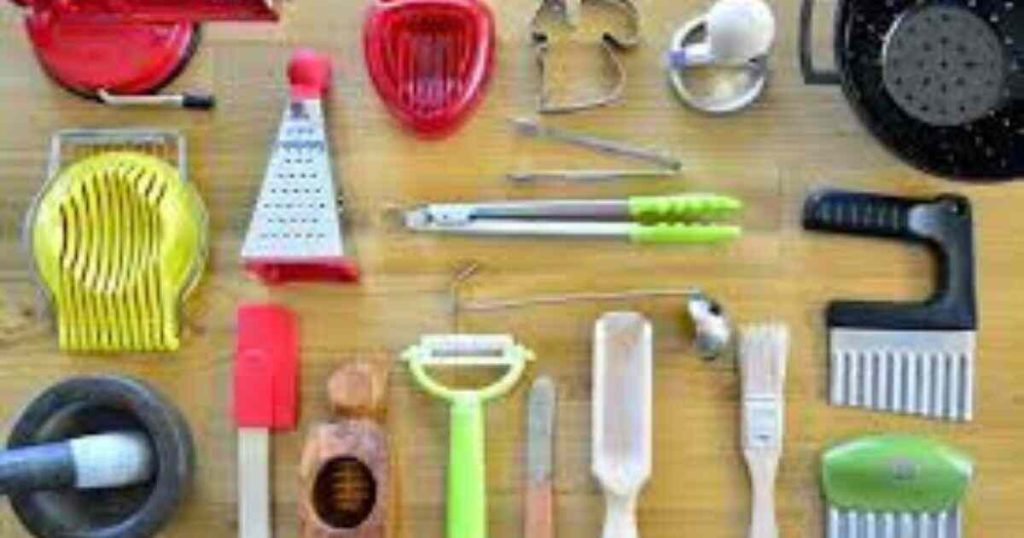
Child-Sized Cutting Tools
- Introduce safe and appropriate tools for young children to develop their cutting skills:
- Child-sized cutting knives with blunt edges: These knives are specifically designed to provide children with a hands-on experience in the kitchen while ensuring their safety.
- Julienne peelers: With their easy-to-grip handles, julienne peelers allow children to cut vegetables into thin strips, a great way to enhance their fine motor skills.
Safe And Sturdy Mixing Bowls
- Explore the importance of using suitable mixing bowls when involving children in the kitchen:
- Non-slip mixing bowls: These bowls come with a rubberized bottom, preventing accidental slips and spills, making it easier for children to mix ingredients confidently.
- Lightweight and durable options: Opt for mixing bowls made from materials like stainless steel or bpa-free plastic, ensuring they are safe to use and able to withstand the rigors of kitchen activity.
Measuring Tools For Accurate Portioning
- Highlight the significance of teaching children how to measure accurately:
- Measuring cups with clear markings: Utilize measuring cups that are easy to read and include both metric and standard american measurements to help children understand different units of measurement.
- Measuring spoons in various sizes: Introduce measuring spoons with labeled measures to assist children in following recipes precisely, promoting their understanding of quantities.
- Kitchen scales: Enable children to explore the concept of weight by using a kitchen scale that displays accurate measurements, fostering a sense of precision in their cooking adventures.
Remember, the aim is to engage readers while adhering to the markdown syntax with h3 headings and using a conversational style that is easy to understand.
How To Choose The Right Montessori Kitchen Tools
Choosing the right montessori kitchen tools requires careful consideration. These tools should be age-appropriate, safe, and promote independence and practical life skills for young children.
Consider The Child’S Age And Abilities:
- When choosing montessori kitchen tools, it’s essential to consider the child’s age and abilities. These tools are specifically designed to promote independence and foster a sense of responsibility in young learners.
- Bullet point: Opt for tools that are age-appropriate and suitable for your child’s current developmental stage.
- Bullet point: Consider the complexity of the tool and ensure it matches your child’s fine motor skills and dexterity.
- Bullet point: Look for tools that allow for a gradual progression of difficulty, enabling your child to learn and master new skills over time.
Look For Tools Made From Safe And Durable Materials:
- Safety is a top priority when selecting montessori kitchen tools. Choose tools that are made from non-toxic and child-safe materials.
- Bullet point: Look for tools made from natural materials such as wood or stainless steel, as they are sturdy and free from harmful chemicals.
- Bullet point: Avoid tools with small or sharp parts that may pose a choking hazard or risk of injury.
- Bullet point: Consider tools with ergonomic designs that are easy for little hands to grip and handle.
Opt For Tools That Are Easy To Clean And Maintain:
- Montessori kitchen tools should be practical and easy to clean, ensuring efficient use and proper hygiene.
- Bullet point: Choose tools that are dishwasher safe for quick and hassle-free cleaning.
- Bullet point: Consider tools with smooth surfaces and minimal crevices to prevent food particles from getting trapped and promote easy cleaning.
- Bullet point: Select tools that are durable and resistant to wear and tear, ensuring they will last long and withstand the demands of regular use.
Choosing the right montessori kitchen tools requires careful consideration of the child’s age and abilities, as well as the safety, durability, and ease of cleaning and maintenance of the tools. By keeping these factors in mind, you can provide your child with a safe and empowering kitchen environment that nurtures their independence and fosters valuable life skills.
Montessori Kitchen Tools For Toddlers (Ages 1-3)
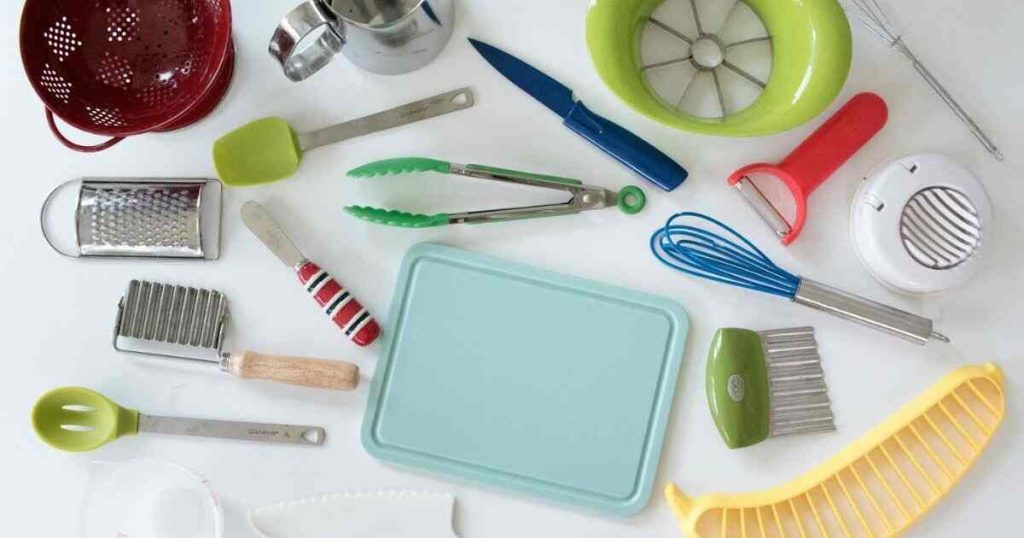
Discover montessori kitchen tools designed specifically for toddlers aged 1-3. These tools engage and empower little ones in the kitchen, nurturing their independence and developing essential life skills.
Cooking with toddlers can be a fun and educational experience. By involving your little ones in the kitchen, you can help develop their fine motor skills, encourage independence, and foster a love for healthy food. When it comes to equipping your child-friendly kitchen, montessori-inspired tools are a great choice.
Here are some essential montessori kitchen tools for toddlers (ages 1-3) that can make cooking a delightful experience:
Child-Friendly Knives For Slicing Soft Fruits And Vegetables:
- Child-sized knives with rounded edges: These knives are easy for toddlers to grip and manipulate. They allow your child to safely practice cutting soft fruits and vegetables, such as bananas or cooked carrots.
- Promotes independence and coordination: Using child-friendly knives promotes independence and boosts your toddler’s hand-eye coordination. It also encourages them to explore different textures and tastes.
- Builds confidence: By allowing your toddler to handle knives under your supervision, you can help build their confidence in the kitchen, all while teaching them valuable life skills.
Whisks And Spatulas For Stirring And Mixing:
- Child-sized whisks and spatulas: Toddlers love to help with stirring and mixing, and providing them with their own whisk and spatula allows them to actively participate in cooking tasks.
- Enhances motor skills: Whisking and stirring encourage fine motor skills development and hand-eye coordination. Your toddler will enjoy exploring the sensory aspect of mixing ingredients together.
- Promotes a sense of responsibility: By engaging your toddler in cooking tasks using whisks and spatulas, you are instilling a sense of responsibility and teaching them to contribute to household chores from an early age.
Small Cups And Pitchers For Pouring And Measuring:
- Child-sized cups and pitchers: Having small cups and pitchers allows your toddler to practice pouring and measuring ingredients, teaching them fundamental math concepts like quantity and volume.
- Develops concentration and focus: Pouring and measuring require concentration and focus, helping your child improve their attention span and develop important cognitive skills.
- Encourages practical life skills: By involving your toddler in pouring and measuring activities, you are nurturing their practical life skills, which will be invaluable throughout their lives.
Introducing montessori kitchen tools to your toddler’s cooking routine is not only educational but also a wonderful bonding experience. These child-friendly knives for slicing, whisks and spatulas for stirring and mixing, and small cups and pitchers for pouring and measuring, offer endless opportunities for learning and exploration.
So, set up your montessori-inspired kitchen and watch your little chef thrive!
Montessori Kitchen Tools For Preschoolers (Ages 3-5)
Introduce your preschoolers to the joys of cooking with montessori kitchen tools. These age-appropriate utensils and gadgets are designed to promote independence, coordination, and practical life skills in young children.
Engaging paragraph:
Introducing young children to the wonders of the kitchen can be an exciting and educational experience. Montessori kitchen tools are specially designed to help preschoolers develop valuable skills while having fun with food preparation. Here are some essential montessori kitchen tools suitable for children between the ages of 3 to 5.
Serrated Knives For Cutting Harder Foods:
- Serrated knives provide safe cutting options for preschoolers, allowing them to explore foods with different textures and densities.
- The gentle saw-like teeth on the knife edge make it easier for little hands to cut through harder fruits and vegetables.
- It promotes fine motor skill development, hand-eye coordination, and encourages independence in the kitchen.
Vegetable Peelers For Practicing Fine Motor Skills:
- Vegetable peelers are great tools for preschoolers to practice and refine their fine motor skills.
- Holding a peeler correctly and safely requires precision and control, enhancing hand strength and coordination.
- This tool helps children learn about different vegetables, textures, and colors while developing their dexterity and concentration.
Rolling Pins For Dough Preparation:
- Rolling pins provide preschoolers with a hands-on experience in dough preparation, a fundamental skill in baking.
- The act of rolling promotes hand-eye coordination and develops hand muscles.
- Preschoolers can practice their creativity by rolling different shapes and sizes, fostering their imagination and sensory exploration.
Montessori kitchen tools for preschoolers offer a variety of benefits, including enhancing fine motor skills, promoting independence, and providing valuable sensory experiences. Investing in these tools can create memorable moments in the kitchen while helping children develop essential life skills.
Montessori Kitchen Tools For Elementary School-Age Children (Ages 6-12)
Discover a range of montessori kitchen tools designed specifically for elementary school-age children aged 6-12. These child-friendly utensils empower young learners to confidently explore the world of cooking and develop essential life skills in a safe and educational environment.
Montessori education emphasizes practical life skills, and the kitchen is an excellent place for elementary school-age children to develop their independence, fine motor skills, and creativity. Introducing them to child-sized kitchen tools that are both safe and functional can enhance their learning experience.
Here are some montessori kitchen tools specifically designed for children aged 6-12, allowing them to take on more advanced tasks in the kitchen:
Chef’S Knives For More Advanced Cutting Tasks
- Child-sized chef’s knives provide an opportunity for children to safely practice their chopping and slicing skills under adult supervision.
- Rounded tips and serrated edges ensure added safety while allowing children to cut an assortment of fruits, vegetables, and even softer meats.
- These knives enable children to develop their hand-eye coordination and strengthen their grip, promoting independence and confidence in the kitchen.
Mandolines For Precision Slicing
- Mandolines are an excellent tool for elementary school-age children to practice their precision slicing techniques.
- With adjustable settings and a guard to protect fingers, children can slice fruits and vegetables into uniform pieces for cooking or snacking.
- Using a mandoline helps children develop their concentration and fine motor skills, as they carefully guide the food over the blade.
Kitchen Scales For Practicing Math Skills
- Kitchen scales provide an opportunity for children to incorporate math into their cooking activities.
- Measuring ingredients by weight encourages children to practice addition, subtraction, and fractional calculations.
- By following recipes and carefully measuring, children understand the importance of precision in cooking and gain a better understanding of mathematical concepts.
Engaging children in the kitchen with these montessori kitchen tools fosters a sense of responsibility, independence, and confidence. By allowing children to take on more challenging kitchen tasks, they develop essential life skills while having fun creating delicious meals and treats.
So, why not equip your little aspiring chefs with these child-friendly tools and watch their culinary skills blossom?
Incorporating Montessori Kitchen Tools In Meal Preparation
Discover the benefits of incorporating montessori kitchen tools into meal preparation for a child-friendly and interactive cooking experience. Empower your little chefs to develop independence, fine motor skills, and a love for healthy food through hands-on activities in the kitchen.
When it comes to involving children in meal preparation, montessori kitchen tools provide an excellent opportunity to teach valuable life skills and instill a love for healthy eating. By incorporating these tools into your cooking routine, you can engage your little ones in planning menus, selecting nutritious ingredients, and learning basic cooking techniques.
Here’s how you can make the most of montessori kitchen tools in meal preparation:
Involve Children In Planning Weekly Menus:
- Sit down with your children and discuss the meals for the upcoming week.
- Encourage them to share their preferences and ideas for healthy meals.
- Together, create a list of meals and make grocery shopping a fun activity.
Encourage Them To Choose And Prepare Healthy Ingredients:
- Take your kids along to the grocery store or farmers market to pick out fresh fruits, vegetables, and other wholesome ingredients.
- Teach them how to identify ripe produce and encourage them to explore new foods.
- Involve them in sorting, washing, and prepping the ingredients before cooking.
Teach Basic Cooking Techniques Using The Montessori Tools:
- Introduce your children to age-appropriate montessori kitchen tools such as child-sized knives, cutting boards, and peelers.
- Teach them proper knife skills and techniques for slicing, dicing, and chopping.
- Let them measure ingredients using measuring cups and spoons, enhancing their numeracy skills.
By incorporating montessori kitchen tools in your meal preparation, you empower your children to take an active role in their own nutrition. Through these tools, they not only learn practical skills but also develop a sense of responsibility and independence in the kitchen.
So, roll up your sleeves and get ready to create delicious and nutritious meals together!
Montessori-Inspired Cooking Activities For Kids
Montessori-inspired cooking activities for kids introduce them to a range of montessori kitchen tools. These tools are designed to provide children with hands-on experience and help develop their independence, fine motor skills, and coordination while enjoying cooking.
Baking homemade bread and pastry:
- Teach your child the art of breadmaking, starting from scratch. With simple ingredients like flour, yeast, water, and a pinch of salt, your little one can experience the joy of kneading and shaping dough. Explain the different stages of bread rising, and watch as they eagerly wait for their creation to bake in the oven. This activity not only teaches patience but also allows them to appreciate the process of making their own food.
Creating personal pizza using fresh ingredients:
- Encourage your child to explore their culinary creativity by making personalized pizzas. Provide a variety of fresh ingredients like tomatoes, cheese, mushrooms, and bell peppers. Let them roll out the dough and decorate it with their favorite toppings. As they assemble their pizza, discuss the importance of nutrition and the benefits of using whole foods. The end result is not just a meal but also a valuable learning experience.
Making a fruit salad with various textures and flavors:
- Introduce your child to the wonders of different fruits and their textures while preparing a delightful fruit salad. Offer a range of fruits with varying tastes, such as sweet berries, tangy citrus, and crisp apples. Teach them the concept of taste combinations and allow them to experiment with contrasting flavors. Slice and dice the fruits together, creating an opportunity to practice fine motor skills. This activity promotes healthy eating habits while stimulating their senses through diverse flavors and textures.
Incorporating montessori principles into cooking activities opens the door for valuable learning experiences. By engaging in hands-on tasks and exploring various ingredients, children develop important life skills and gain a deeper understanding of the culinary world. Baking homemade bread and pastry, creating personal pizzas, and making fruit salad are just a few examples of how cooking can be both educational and enjoyable for little ones.
Let their cooking adventures begin!
Safety Tips When Using Montessori Kitchen Tools
Learn important safety tips for using montessori kitchen tools to ensure a safe and enjoyable cooking experience. Discover how to handle utensils properly and prevent accidents in the kitchen.
Montessori Kitchen Tools: Safety Tips When Using Montessori Kitchen Tools
Teach children proper knife handling and cutting techniques:
- Start by teaching children the correct way to hold a knife, with their fingers curved and gripping the handle firmly.
- Demonstrate the correct cutting motion, ensuring they use a smooth downward motion and keeping their fingers away from the blade.
- Encourage them to start with simple cutting tasks, such as slicing soft fruits or vegetables, before progressing to more difficult tasks.
- Remind children to always cut away from their body and to keep their non-cutting hand safely out of the way.
Supervise closely during cooking activities:
- It’s crucial to supervise children closely when they are using montessori kitchen tools, especially knives and other sharp objects.
- Always maintain a watchful eye to prevent accidents and to guide them through the process.
- Provide clear instructions and encourage them to ask questions or seek help if they are unsure about anything.
- Keep an open line of communication to ensure their safety and address any concerns or potential hazards.
Emphasize cleanliness and hygiene in the kitchen:
- Teach children the importance of washing their hands properly before and after handling food or using kitchen tools.
- Stress the significance of keeping the kitchen clean and organized, including wiping down surfaces and utensils regularly.
- Show them how to properly store tools and ingredients to avoid cross-contamination and maintain freshness.
- Instill the habit of using clean cutting boards and utensils for different types of food to prevent the spread of bacteria.
Remember, safety should always be the top priority when using montessori kitchen tools. By teaching proper knife handling and cutting techniques, closely supervising cooking activities, and emphasizing cleanliness and hygiene in the kitchen, children can learn and enjoy the benefits of cooking while staying safe.
Frequently Asked Questions For Montessori Kitchen Tools
What Do You Need For A Montessori Kitchen?
A montessori kitchen needs child-sized tools and furniture, such as aprons, small utensils, and low tables and chairs.
What Is A Montessori Play Kitchen?
A montessori play kitchen is a child-sized kitchen that promotes hands-on learning through imaginative play. It is designed based on the montessori philosophy, which emphasizes independence, self-directed learning, and practical life skills. The kitchen typically includes a stove, sink, fridge, and various kitchen utensils and appliances.
It allows children to engage in role-playing activities such as cooking, cleaning, and organizing, fostering their creativity and problem-solving skills. Montessori play kitchens are made with natural materials and are often customizable, allowing children to personalize their kitchen space. They offer a safe and controlled environment for children to explore and learn about everyday tasks in the kitchen.
This playset encourages independence, fine motor skills development, and a love for learning through play.
What Age Can A Child Go To The Montessori Kitchen?
A child can go to the montessori kitchen at any age as long as they are developmentally ready.
What Is The Montessori Cooking Activity?
Montessori cooking is an engaging activity where children learn to prepare meals and develop essential life skills. In this approach, kids are encouraged to explore various ingredients, measure portions, and follow recipes. This hands-on experience fosters creativity, independence, and self-confidence.
Montessori cooking also promotes sensory development as children touch, smell, and taste different ingredients. It helps them understand nutrition and make healthier food choices. Through cooking, kids develop fine motor skills as they chop, stir, and pour ingredients. This activity also encourages problem-solving and teamwork as children work together on meal preparation.
Overall, montessori cooking is a fun and educational activity that nurtures a love for food and instills important life skills in children.
Conclusion
Montessori kitchen tools play a vital role in developing a child’s independence and fostering a love for cooking from an early age. By incorporating these tools into the kitchen, children can learn essential life skills, such as chopping, measuring, and mixing, while also building confidence and self-esteem.
The simplicity and functionality of montessori tools make them accessible to children of all ages, allowing them to actively participate in meal preparation and gain a deeper understanding of food and nutrition. Moreover, using montessori kitchen tools encourages creativity and a sense of ownership, as children take pride in their culinary creations.
These tools also promote a healthy relationship with food, instilling good eating habits and an appreciation for wholesome, homemade meals. As parents and educators, embracing montessori principles in the kitchen can not only enhance a child’s overall development, but also create a positive and enjoyable culinary experience for the whole family.
